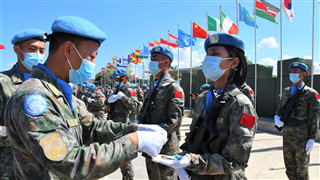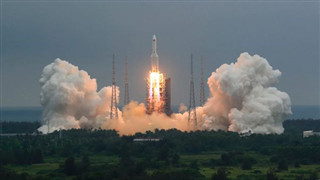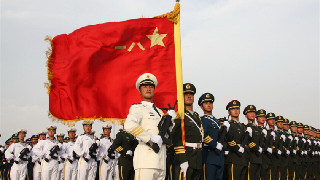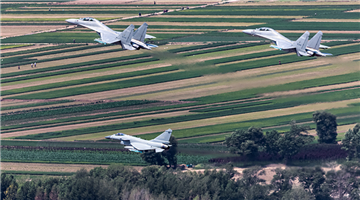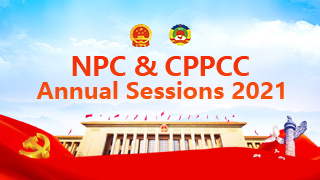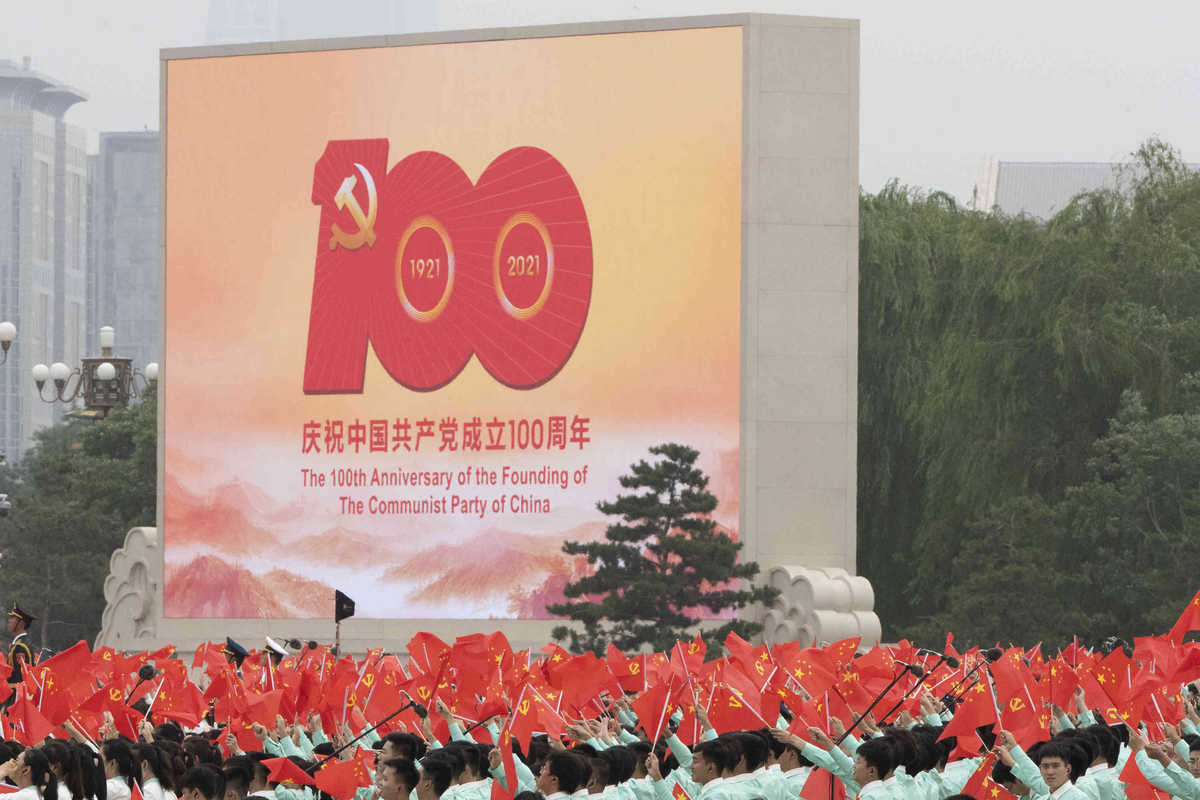
Xi Jinping, general secretary of the Communist Party of China Central Committee, looked into both the glorious tradition and the moments of humiliation of the nation's past, elaborated on the complexities of the present and charted the path for the future of Chinese society while speaking at the celebration of the CPC's 100th anniversary on July 1.
His speech was filled with praise, introspection, reassurances, commitment and determination, and it highlighted the pathways to a brighter future and made the Chinese position clear on some issues of outside concern.
Xi, also Chinese president and chairman of the Central Military Commission, was very candid and straightforward in his approach to identifying the hurdles and reasons for optimism regarding the rejuvenation of the Chinese nation. It was the CPC that led the Chinese against the three menaces of "imperialism, feudalism and bureaucrat-capitalism" and established the People's Republic of China, which "made the people masters of the country".
That success in the new democratic revolution also created the social conditions for realizing national rejuvenation that highlights convergence of Marxist-Leninist principles, Mao Zedong Thought and Deng Xiaoping Theory, among others, for developing socialism with Chinese characteristics.
Since 1949, China has undergone great transformations, from a poor and backward country to a moderately prosperous society through constant reform and opening-up. It is an expression of the commitment, capability and competence of the people that socialism could save and develop China, thus, in Xi's words, "achieving great success in reform, opening-up and socialist modernization". This implies the realization of national rejuvenation in the scientific socialist and new democratic pattern being heralded by the CPC.
Apart from achieving a socialist market economy brimming with vitality, the CPC is enhancing its capacity to conduct sound, democratic and law-based governance to ensure democracy, social fairness and justice to the people, for which China is ready to learn from the achievements of other cultures and is open to helpful suggestions and constructive criticism. This implies the evidence-based understanding of policies and strategies that derives truth from facts.
The world heard clearly when Xi said: "We will not, however, accept sanctimonious preaching from those who feel they have the right to lecture us". Furthermore, he said that "the time in which the Chinese nation could be bullied and abused by others was gone forever" under the leadership of the CPC.
Likewise, he said, "We have never bullied, oppressed, or subjugated the people of any other country, and we never will."
Indeed, the Chinese are equipped with greater capacity and more reliable means for safeguarding national sovereignty and development interests. It is a categorical expression of self-respect and self-reliance in conducting domestic affairs.
However, the world should never question China's resolve for peace. "China has always worked to safeguard world peace, contribute to global development, and preserve international order." It is encouraging that Xi reassured the world that China would "work to build a new type of international relations and a human community with a shared future, promote high-quality development of the Belt and Road Initiative through joint efforts, and use China's new achievements in development to provide the world with new opportunities".
This shows a clear resolve for close cooperation in enforcing multilateralism, in which others can benefit from China's development.
Moreover, the CPC "will continue to work with all peace-loving countries and peoples to promote the shared human values of peace, development, fairness, justice, democracy, and freedom", Xi said. This is an indication of cooperation, openness and mutuality in conducting international relations.
Xi even allayed apprehension about China's commitment to the "one country, two systems" principle, a clear reference to the Hong Kong and Macao special administrative regions. By way of referring to Taiwan, he was categorical that reunification is the historical mission to be accomplished as the core of Chinese policy. China is therefore firm in upholding sovereignty, security and development of the Chinese people.
In essence, one should not underestimate the resolve, the will and the ability of the Chinese people to defend their national sovereignty and territorial integrity.
China's time has come to aspire to and assume its global role and responsibility by recognizing the need for balancing commonalities and diversities inherent in cultivating relations with different countries, and for building a community of shared future for humankind in a multilateral framework.
It becomes significant and propitious that China is confident and has visualized harmony of its path, theory, system and culture. Such harmony has synergized the convergence of democracy, socialism and nationalism for the welfare of the Chinese people and also for the world in the new era. Any resistance to it is bound to boomerang.
The author is Karori Singh, former director and emeritus fellow with the South Asia Studies Centre of the University of Rajasthan, India.


